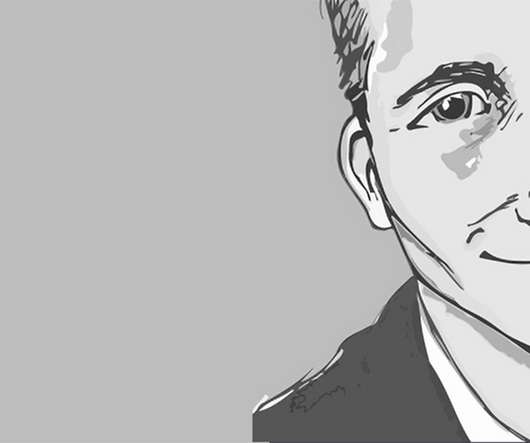Caring for the Unrepresented: A Podcast with Joe Dixon, Timothy Farrell, Yael Zweig
GeriPal
JANUARY 16, 2025
So those types of relationships, clergy, non family members, we talk about, I think cohabitating unmarried couples. And then maybe indirectly, they’ll start to tell you, well, here are the people I rely on to take me to my appointments. Decision making hierarchies by default. What do you think it would take to do that?












Let's personalize your content